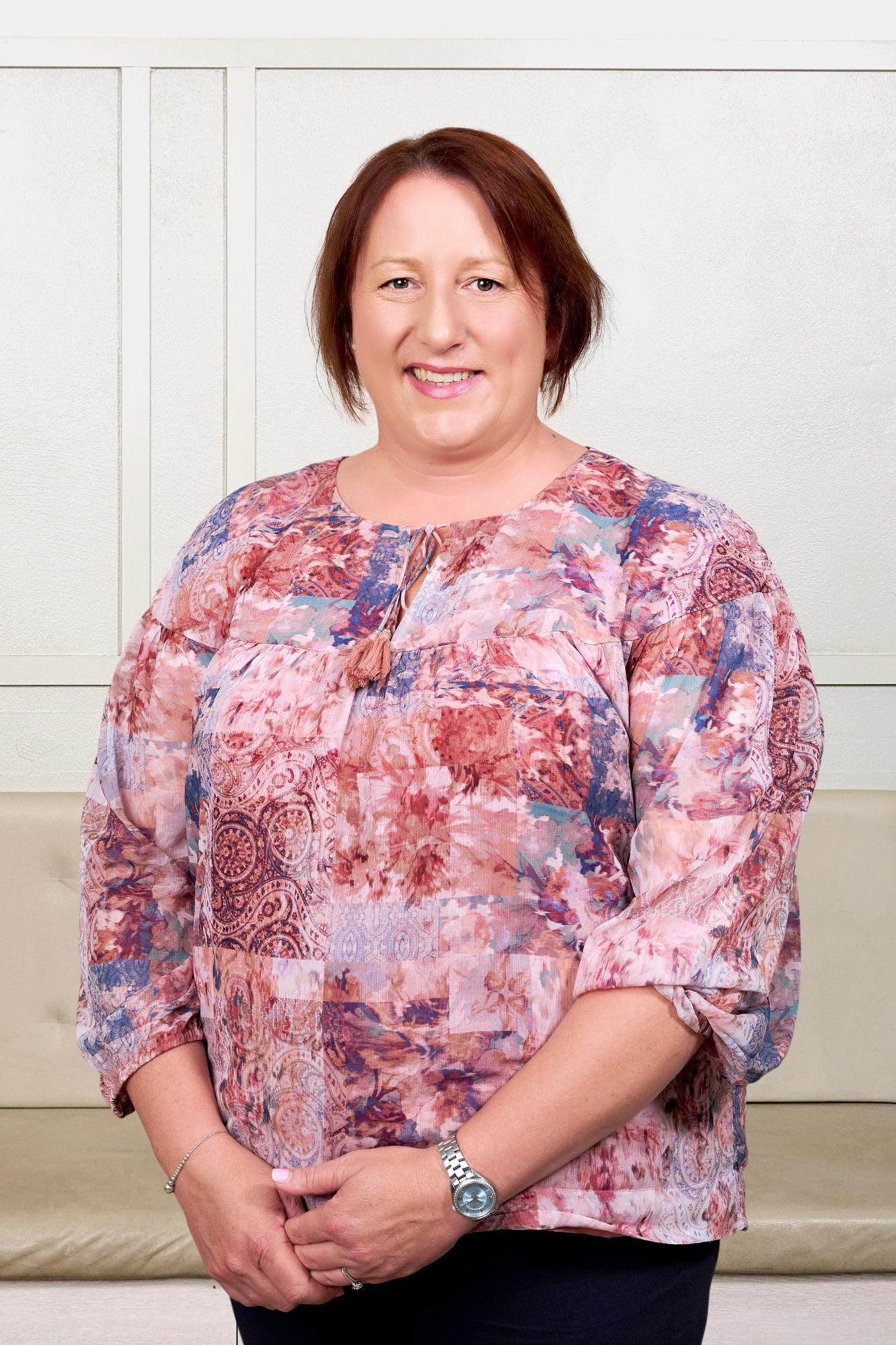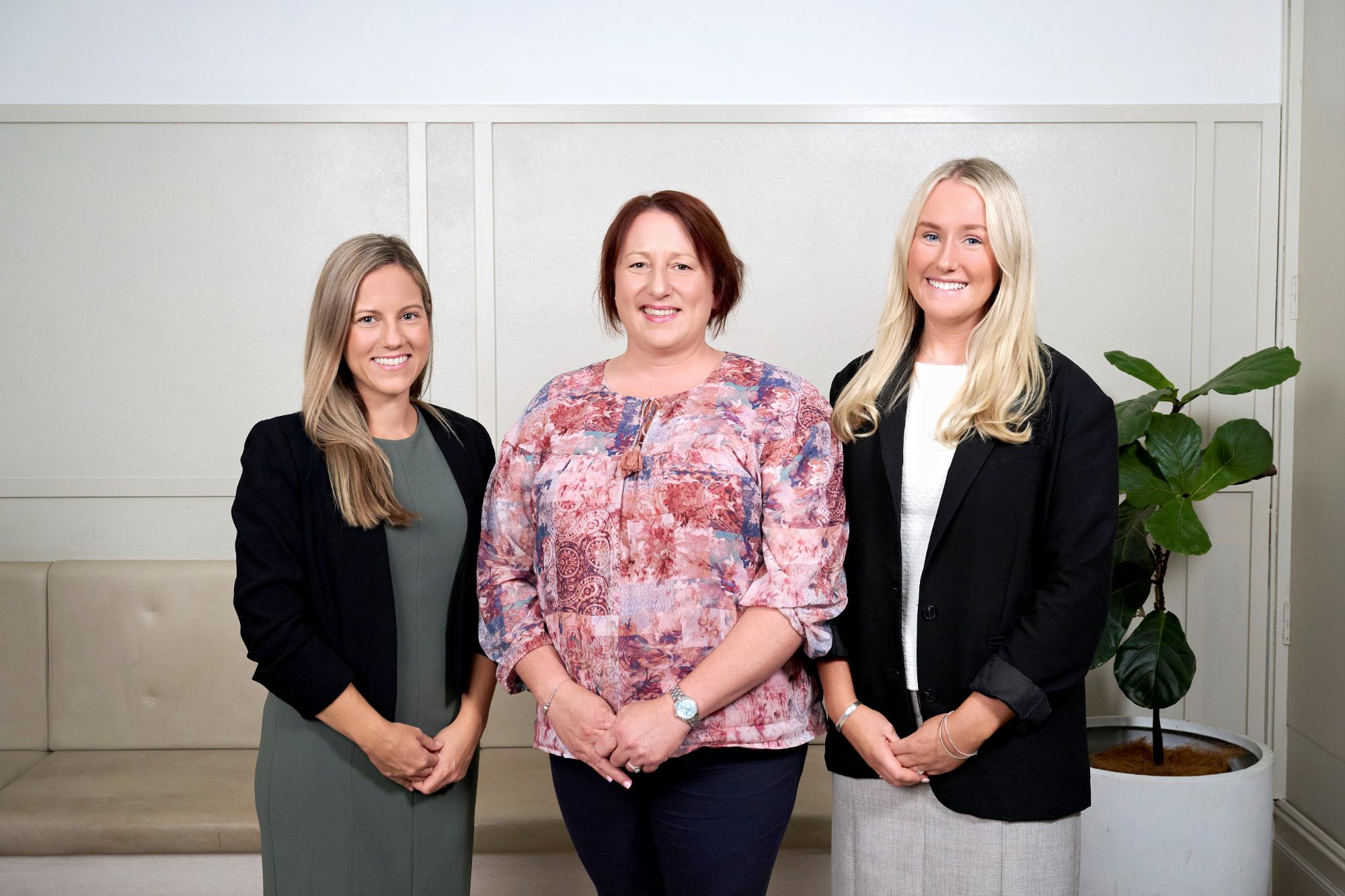How to Draft a Legally Valid Will: Key Requirements and Best Practices
A legally valid will is essential to ensure your assets are distributed according to your wishes after your passing. In Australia, wills must comply with strict legal requirements to be recognised by the courts. This guide outlines the key elements of a valid will, best practices for drafting one, and common mistakes to avoid. By following these guidelines, individuals can ensure their estates are managed smoothly and minimise the risk of disputes.

Our Wills and Estate Lawyers are here to help. Contact us for support.
Key Requirements for a Legally Valid Will
For a will to be legally valid in Australia, it must adhere to specific legal requirements to ensure its enforceability. One of the fundamental criteria is testamentary capacity, meaning the will-maker (testator) must be at least 18 years old and possess the mental capacity to understand the nature and consequences of making a will. This ensures that the testator can make informed decisions regarding the distribution of their assets. Additionally, the will must be in written form, which can be handwritten, typed, or printed, to provide clear documentation of the testator’s wishes and reduce the likelihood of disputes.
Another critical requirement is the signing and witnessing process, which ensures the authenticity of the will. The testator must sign the document in the presence of at least two independent adult witnesses, who must also sign in the presence of the testator. These witnesses should not be beneficiaries of the will to avoid any conflicts of interest. Finally, the testator must create the will voluntarily, free from undue influence or coercion. If there is evidence that a person was pressured or manipulated into making certain provisions, the will’s validity could be challenged in court. These legal safeguards help protect the integrity of the testator’s final wishes.
Summary Points:
- The testator must have legal and mental capacity.
- The will must be written, signed, and witnessed correctly.
- The testator must act voluntarily and without external pressure.
Best Practices for Drafting a Will
Ensuring clarity and precision in a will is essential to prevent legal disputes and misinterpretations that could arise after the testator’s passing. One of the most important best practices is to use clear and specific language, avoiding vague terms or ambiguous instructions that may lead to confusion or challenges in executing the will. Each instruction should be explicitly stated to ensure there is no uncertainty. Another key consideration is to appoint a reliable executor, someone responsible and capable of managing the estate efficiently. The executor plays a crucial role in administering the will, handling legal and financial matters, and ensuring that the testator’s wishes are carried out as intended.
Additionally, it is advisable to include contingency plans by nominating alternate beneficiaries and executors in case the primary choices are unable or unwilling to fulfill their roles. This helps prevent complications if circumstances change after the will is created. Seeking legal advice is another essential step in drafting a will, as a qualified lawyer can ensure that the document complies with legal requirements and accurately reflects the testator’s intentions. A legally sound will not only safeguards the distribution of assets but also provides peace of mind to both the testator and their loved ones.
Summary Points:
- Use precise language to prevent confusion.
- Appoint a competent executor to manage the estate.
- Seek legal advice for accuracy and compliance.
Common Mistakes to Avoid
Errors in drafting a will can have serious consequences, potentially rendering it invalid or leading to disputes among beneficiaries. One of the most common mistakes is failing to update the will in response to major life events such as marriage, divorce, or the birth of children. These changes can significantly impact inheritance rights, and an outdated will may not accurately reflect the testator’s current wishes. Another critical error is not signing the will correctly, as failing to adhere to the proper witnessing and signing requirements can lead to the will being deemed invalid. The presence of at least two independent adult witnesses, who must sign in the presence of the testator, is essential to ensure legal compliance.
Another common pitfall is overlooking superannuation and jointly owned assets, as these do not automatically form part of an estate. Superannuation funds require separate binding nominations to ensure the intended beneficiaries receive the proceeds. Similarly, properties held in joint tenancy pass directly to the surviving owner rather than being distributed through a will. Additionally, ignoring potential claims from dependants or family members without providing adequate explanation can result in legal disputes. If an eligible person is left out of a will, they may contest it through a family provision claim, potentially altering the distribution of assets. Careful planning and legal guidance can help avoid these pitfalls and ensure the testator’s wishes are upheld.
Summary Points:
- Regularly update the will to reflect life changes.
- Ensure correct signing and witnessing procedures.
- Address superannuation and potential claims separately.
Ensuring the Will is Enforceable
To ensure a will is legally enforceable and minimises the risk of disputes, proper planning and organisation are essential. One key consideration is storing the will safely, as losing or misplacing the original document can lead to unnecessary complications. The will should be kept in a secure location, such as with a lawyer, a safe deposit box, or a trusted executor. Additionally, it is crucial to inform executors and beneficiaries about the existence and location of the will. Executors should understand their role in administering the estate, handling financial matters, and ensuring the testator’s wishes are carried out smoothly.
Whether your Estate is complex or seemingly straightforward, seeking legal assistance is highly recommended. Significant assets, blended families, business interests, or overseas properties can create challenges in estate distribution, and professional legal guidance can help structure the will to avoid future disputes. A lawyer can also ensure the will complies with legal requirements, reducing the risk of it being contested. By taking these precautions, testators can protect their estate and provide clarity to their loved ones, ensuring that their final wishes are executed as intended.
Summary Points:
- Store the will securely and inform key parties.
- Ensure executors understand their responsibilities.
- Seek professional advice for complex estates.
Drafting Wills Services:
- Choosing an Executor for Your Will in Australia
- How to Draft a Legally Valid Will in Australia: Key Requirements and Best Practices
- Who Inherits Your Superannuation? Understanding Non-Estate Assets in Wills
- Updating Your Will: When and Why You Should Review Your Estate Plan
- Common Mistakes to Avoid When Drafting a Will in Australia
- Safe Custody Service: Secure Document Storage
- Acting as an Executor of an Estate: Responsibilities and Challenges
Our Estate Planning Team are here to help. Contact us for support.
How to Draft a Legally Valid Will: Key Considerations
Selecting an executor requires evaluating their trustworthiness, legal competence, and capacity to fulfill estate administration duties efficiently.
Legal Compliance
Ensure the will meets state-specific legal requirements, such as proper witnessing and clear testamentary intent, to be legally enforceable. Failure to comply with these regulations may result in the will being contested or deemed invalid by the courts.
Minimising Disputes
Provide clear and precise instructions regarding asset distribution and beneficiary designations to reduce the risk of misinterpretation. Additionally, consider potential claims from eligible persons, such as family members or dependents, to prevent future legal challenges.
Executor Selection
Appoint an executor who is trustworthy, financially responsible, and capable of efficiently handling estate administration, including managing assets and settling debts. The chosen executor should also be prepared to navigate legal obligations, such as obtaining probate and distributing the estate according to the will’s terms.
How to Draft a Legally Valid Will FAQs
What happens if I die without a will in Australia?
If you pass away without a will (intestate), your assets will be distributed according to the intestacy laws of your state or territory, which may not align with your personal wishes. An Administrator will make an application to the Court to handle your estate, which can be a time-consuming and costly process. This may lead to unintended beneficiaries receiving your assets while those you intended to provide for could be left without support. Additionally, disputes among family members may arise, potentially leading to lengthy legal battles over asset distribution.
Can I draft my own will without a lawyer?
You can create a will on your own, just like you can build your own car, but without legal guidance, you risk making errors that could render it invalid. DIY wills often contain ambiguities or fail to meet legal requirements, leading to disputes or difficulties in executing your final wishes. Seeking legal assistance ensures that your will complies with state laws and clearly outlines how your assets should be distributed. A properly drafted will reduces the likelihood of challenges and ensures your estate is managed according to your instructions.
How often should I update my will?
You should review and update your will regularly, especially after significant life events such as marriage, divorce, having children, or acquiring substantial assets. Changes in relationships, financial status, or estate laws can impact the validity and effectiveness of your will. Failing to keep your will current may result in unintended consequences, such as assets going to the wrong beneficiaries or disputes over outdated provisions. Regular reviews with a legal professional ensure that your will reflects your latest intentions and complies with legal requirements.
Can a beneficiary also be a witness to my will?
No, a beneficiary should never witness a will, nor should a person related or associated with a beneficiary witness a will, as this may lead to legal complications. In some jurisdictions, a witness who is also a beneficiary may have their entitlement reduced or entirely voided unless a court intervenes. To avoid potential conflicts or claims of undue influence, it is best to have independent witnesses who are not named in the will. Using impartial witnesses ensures the will’s validity and minimizes the risk of legal challenges.
Where should I store my will?
Your will should be stored in a secure but accessible location, ideally with a solicitor. Keeping it in a safe place ensures it remains intact and easily retrievable when needed. Inform your executor and trusted family members of its location to prevent difficulties in locating it after your passing. A lost or inaccessible will can lead to unnecessary complications, delays, or even the estate being treated as intestate.
Our Wills and Estate Experience
Our Wills and Estate team is dedicated to guiding clients through important life planning decisions with professionalism and care. We specialise in drafting wills, contesting wills, estate planning, guardianship orders, power of attorney, and probate applications.
With offices in the Southern Highlands, Macarthur Region, and the Illawarra, we are a full-service law firm, proud to assist clients across Australia. Our experienced team provides clear, practical advice and tailored solutions to help you protect your legacy and secure the future for your loved ones.
Recognised Excellence in Law and Service
Our award-winning law firm is celebrated for outstanding achievements in business and legal services. With numerous accolades, we are committed to delivering unparalleled expertise and client satisfaction.

Your Wills and Estate Legal Team
Our award-winning law firm is celebrated for outstanding achievements in business and legal services. With numerous accolades, we are committed to delivering unparalleled expertise and client satisfaction.

Sara Price
Accredited Specialist (Wills & Estates)
Sara Price is a highly experienced and accredited specialist in Wills & Estates, with over a decade of expertise in estate planning...
Read more

Grace Slater
Solicitor
Grace has worked in the legal industry for over 10 years. She completed a Bachelor of Laws and Bachelor of Arts...
Read more

Connie Marks
Solicitor
Connie Marks is a dedicated and compassionate solicitor with a strong foundation in Wills & Estates and Property...
Read more
See more:

Your Family - Our Family Lawyers
Our Family Law team is committed to supporting clients through complex family matters with professionalism and care. We specialise in property settlements, Parenting Arrangements, divorce, spousal maintenance, and more.

Secure Their Future, Embrace Your Legacy
Our Wills & Estates team will secure your future through comprehensive estate planning. Our accredited expert services include drafting and contesting wills, creating tailored estate plans, arranging guardianship orders, and more.

Supporting Businesses Big and Small.
Our business and commercial law team are ready to offer comprehensive support to help your enterprise thrive. Our services include drafting contracts and agreements, managing business sales and purchases, negotiating commercial leases and more.
Disclaimer: Any information found in articles or pages on our website is for general guidance only and should not be considered legal advice. For advice tailored to your specific situation, please contact us directly to speak with one of our qualified legal professionals.

Feel secure with our compassionate, client-first approach, ensuring your needs are met with care.

Easily accessible, local offices with real teams, ready to provide hands-on support.

Named among the top firms in the Southern Highlands and the Wollondilly, we bring award-winning expertise to every case.

Benefit from a dedicated team working together to deliver results tailored to your needs.










